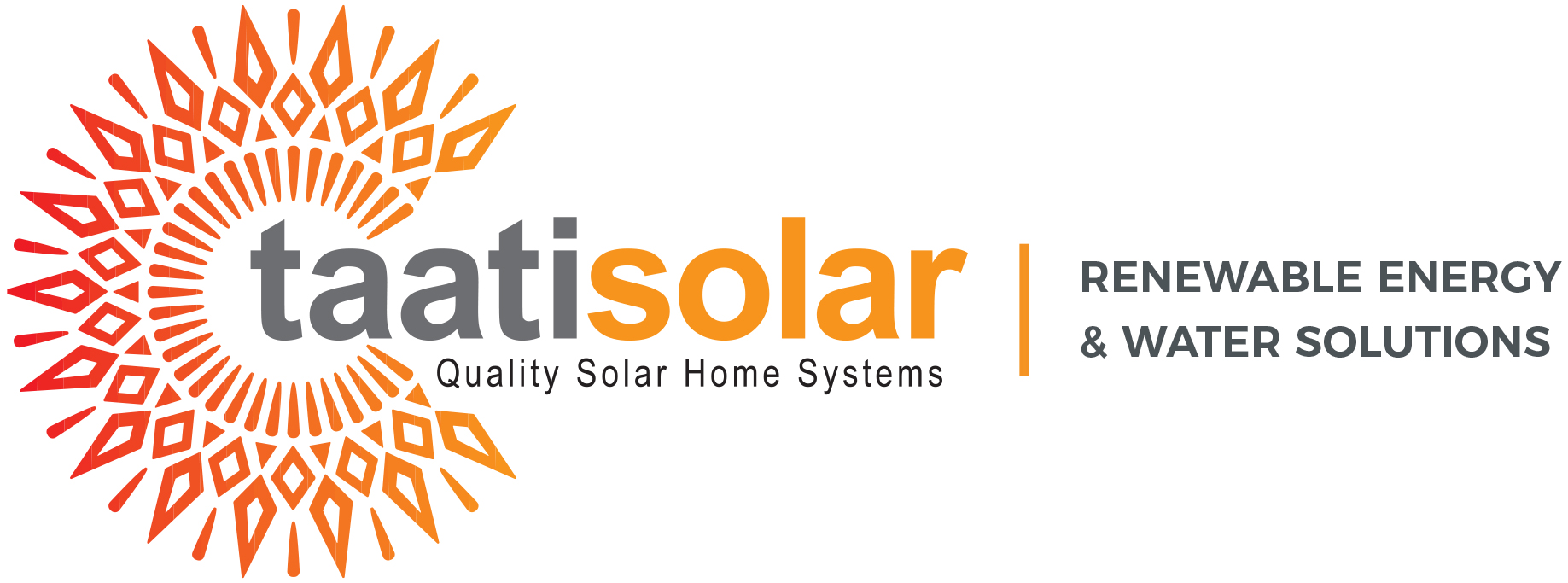How Solar Energy is Improving Quality of Life in Rural Namibia
When it comes to offering access to dependable electricity, Namibia, a large and sparsely populated country in southwestern Africa, encounters many difficulties. Namibia has many rural areas that are situated far from the main power grid, making it challenging to obtain electricity using conventional methods. However, the country’s plentiful sunshine has made solar power an appealing choice for supplying electricity to residences and companies in these outlying regions. In this piece, we’ll examine the value of solar energy in Namibia’s rural areas and how it can raise residents’ standards of living.

Namibia’s Rural Energy Challenge
Rural electricity problems are not exclusive to Namibia. Many nations struggle to give their rural populations consistent electricity, especially those in Africa. Only about 40% of rural households in Namibia, where an estimated 70% of people reside, have access to power. The quality of life of those who reside there is significantly impacted by the lack of electricity in rural areas. Access to essential services like healthcare and education is made challenging, and by making it challenging for businesses to function, it impedes economic growth.

The Importance of Solar Power
The independence of solar energy from the national power grid is one of its primary benefits. Instead, it produces electricity using the sun’s energy, which can then be used to power buildings. This is especially helpful in remote, rural regions that are off the grid. Communities that use solar energy are independent of an organized system that might not reach them and can produce their own electricity. Individuals profit from this, but it also offers these regions the chance to develop economically.

Improving Quality of Life in Rural Areas
Rural residents’ quality of life is significantly impacted by their access to electricity. People can power lights, refrigerators, and other home appliances with energy, making life more comfortable. It also permits the use of modern technology, such as computers and smartphones, which are becoming more and more necessary for communication, schooling, and information access. Solar energy can be used to power public facilities like schools, clinics, and other public services in rural regions, enhancing the standard of education and healthcare there.
Additionally, solar power is good for the earth. It does not cause climate change because it is a clean and renewable form of energy. It also avoids the need for fossil fuels, which can be costly and challenging to transport to rural regions.

In conclusion, solar energy has the ability to significantly improve the lives of people in Namibian rural communities. Access to electricity can enhance people’s quality of life and foster economic development in these regions. It is possible that more and more rural communities in Namibia will be able to produce their own electricity through solar power as technology advances. With this, we can anticipate a time when all Namibians will have access to dependable, affordable, and clean electricity.
